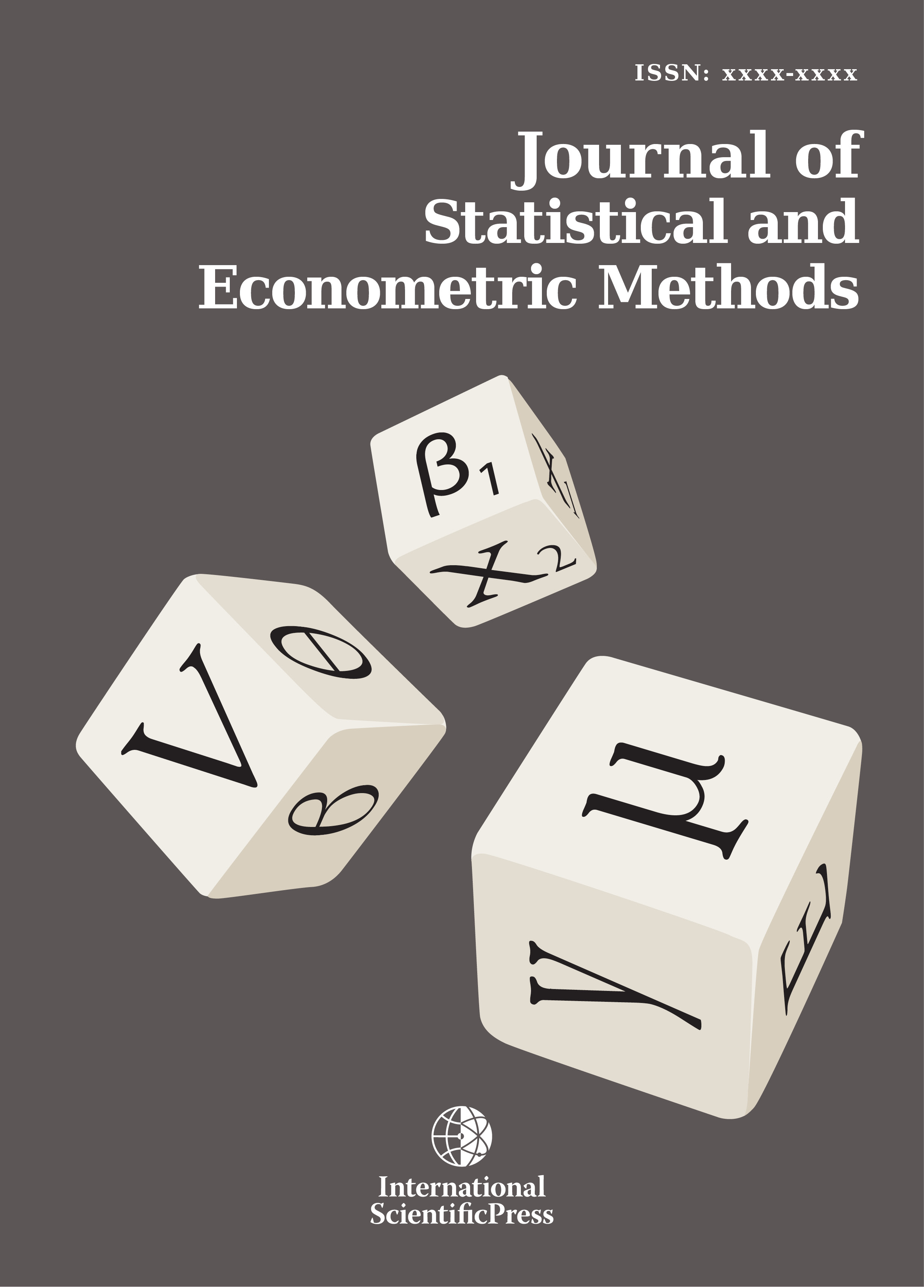Journal of Statistical and Econometric Methods
Statistical survey on awareness of Hiv/Aids and its impact on economic development in northern Nigeria during the period 2010 - 2015
-
 [ Download ]
[ Download ]
- Times downloaded: 10075
Abstract
The effect of Human Immunodeficiency Virus/Acquired Immune deficiency syndrome (HIV/AIDS) global epidemic, continue to emerge decades after the first wave of infection. One critical aspect of controlling the epidemic is by enlightening the general public on the epidemic. That is on how it can be contracted and managed. Since the start of the epidemic many measures have been taken by the government and non-governmental organizations to control the epidemic, but still, it continued to infect and kill many people. The actions taken include manufacturing antiretroviral drugs and therapy, using of condoms and enlightenment among others. Nigeria consists of thirty-six (36) states and the federal capital territory (FCT) Abuja, out of this, Northern Nigeria comprising nineteen states (19) and the federal capital territory (FCT) Abuja with a population of about seventy-five million (75m), most of the people live in the rural areas where level of education is low, level of poverty is high, and culture and tradition may contribute to the spread of the epidemic. Using secondary data from Federal Ministry of Health, National Bureau of Statistics (NBS), and National Agency for the Control of Aids (NACA), State Agency for the Control of Aids (SACA) and other Non- governmental organizations, the study has looked in to the awareness of the epidemic in the region and its impact on the economic development of the region. Statistical methods and techniques are used in analyzing the data. The results are presented in tables and charts for easy understanding and interpretation.
Keywords: HIV/AIDS, Awareness, Counselling, Testing, Epidemic, Economic Development, North-Eastern Nigeria
